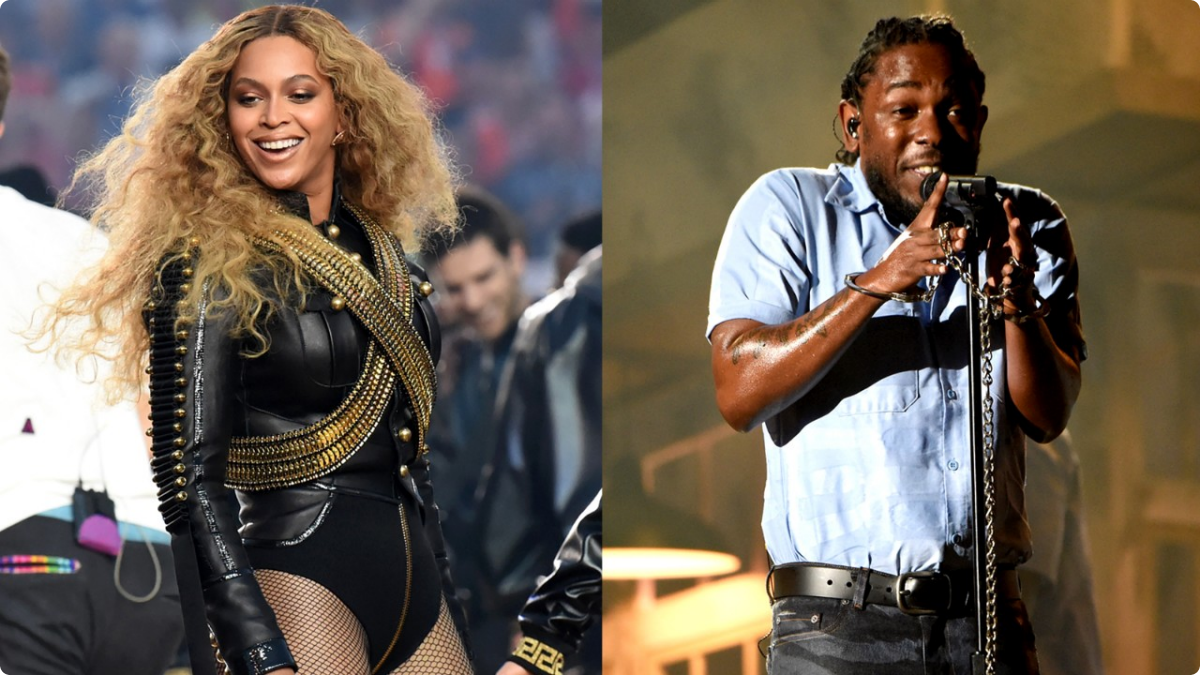VOICE: African American celebrities create efforts to empower their community.
By Michelle Boulous, Staff Writer
Lately, nothing in the media has been buzzed about more than representation — more specifically, a representation of race..
But really, no one can speak up about the black community and truly reach its core except for its members, especially African American A-listers with a voice in the media.
Recently, Beyoncé Knowles, affectionately called “Queen B,” has been making headlines with the release of new song and accompanying music video, “Formation.” The music video alludes to Hurricane Katrina, slavery, black female unification, and the Black Lives Matter movement — all of which tie back to the roots of the race’s history.
And because a queen doesn’t just stop there, Beyoncé once again turned heads with her Super Bowl 50 halftime performance of the song. This sent America into a frenzy, with many wondering if this was a message directed toward the police. These people have misunderstood this promotion of racial empowerment and representation, which is a travesty in today’s diverse culture.
A few weeks later, revolutionary black rapper Kendrick Lamar gave a touching performance at the 58th Grammy Awards. Featuring several African American backups in chains and jail cells, Lamar started with his song “The Blacker the Berry.” He continued on with a performance of “Alright,” on a stage decked out with African tribal performers. He transitioned once more to an empty platform where he performed with pure emotion, singing “On February 26, I lost my life too,” a nod to the death of black teen, Trayvon Martin. It ended with a screen behind him projecting a picture of Africa with the word Compton written in the center. Both songs come from his award winning and widely controversial album, To Pimp a Butterfly.
This performance, perhaps much more powerful than Beyoncé’s, resonated with the audience and showed African American heritage and its relevance. Regardless of who had a better performance, the importance of these two actions, these ten minutes, will have a lasting impact for years.
These ten minutes in human history alone can educate people and empower African Americans, in spite of the police brutality, lack of representation in the media (ahem, Oscars), or lingering racism that still festers in this day and age in America.

